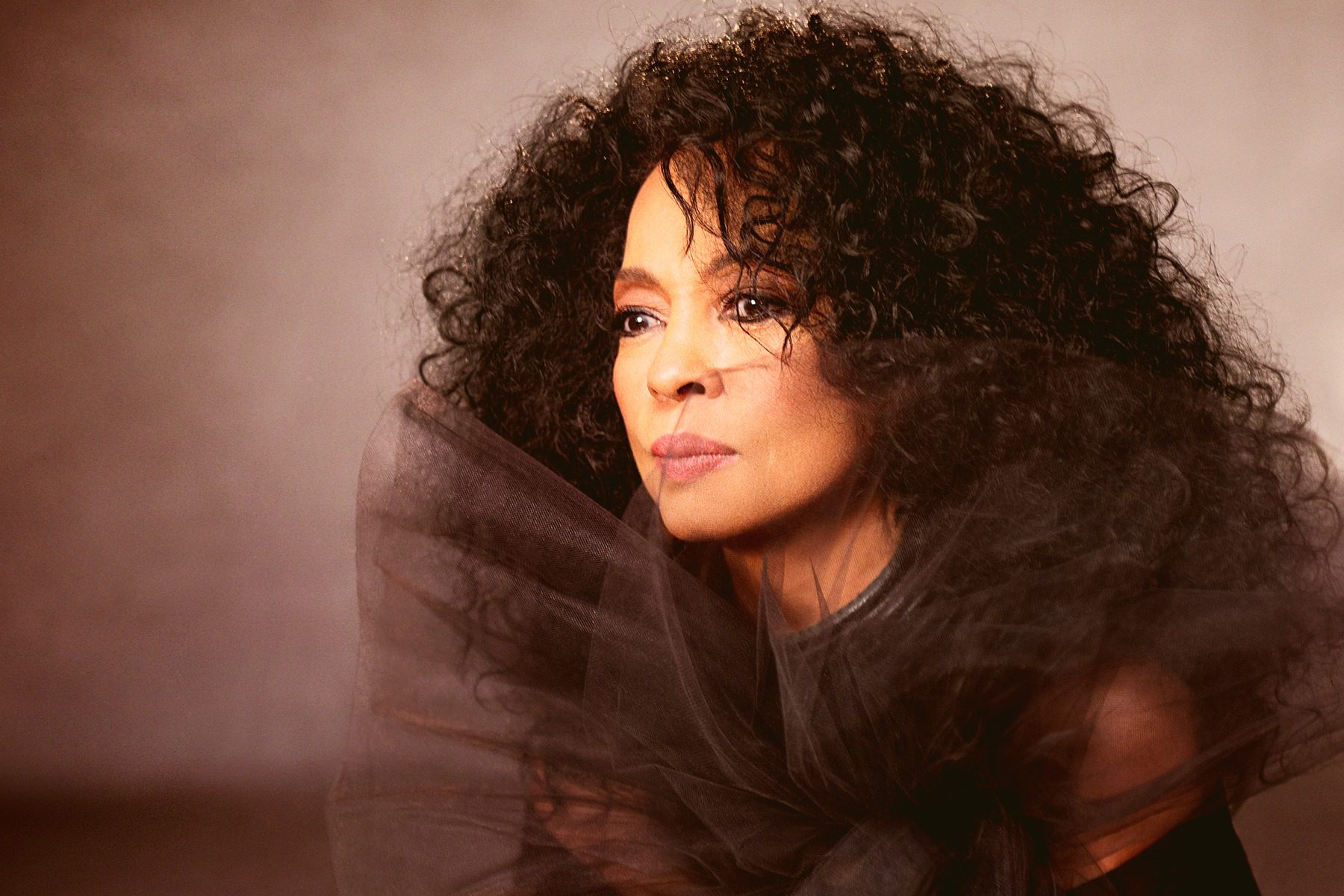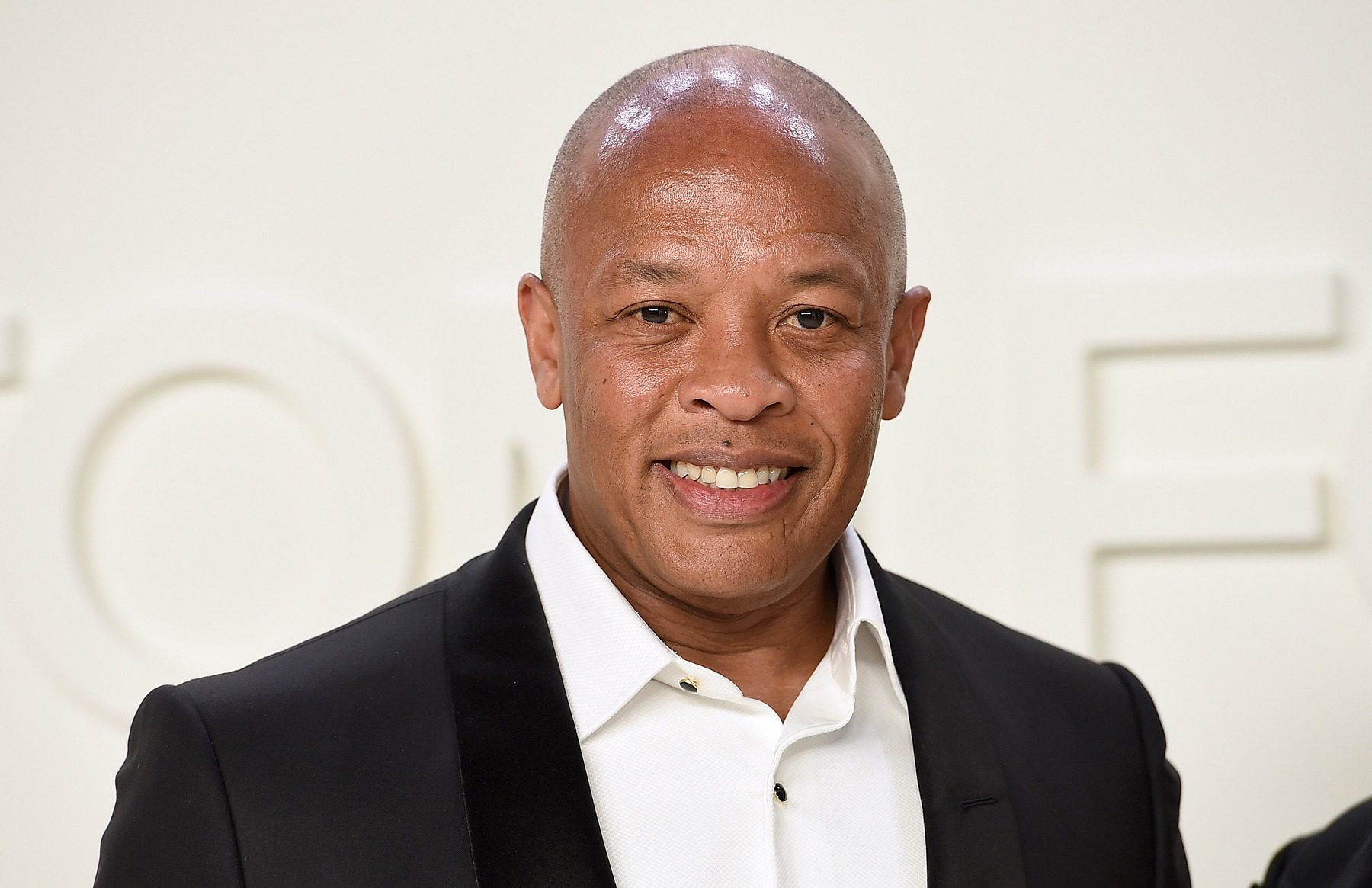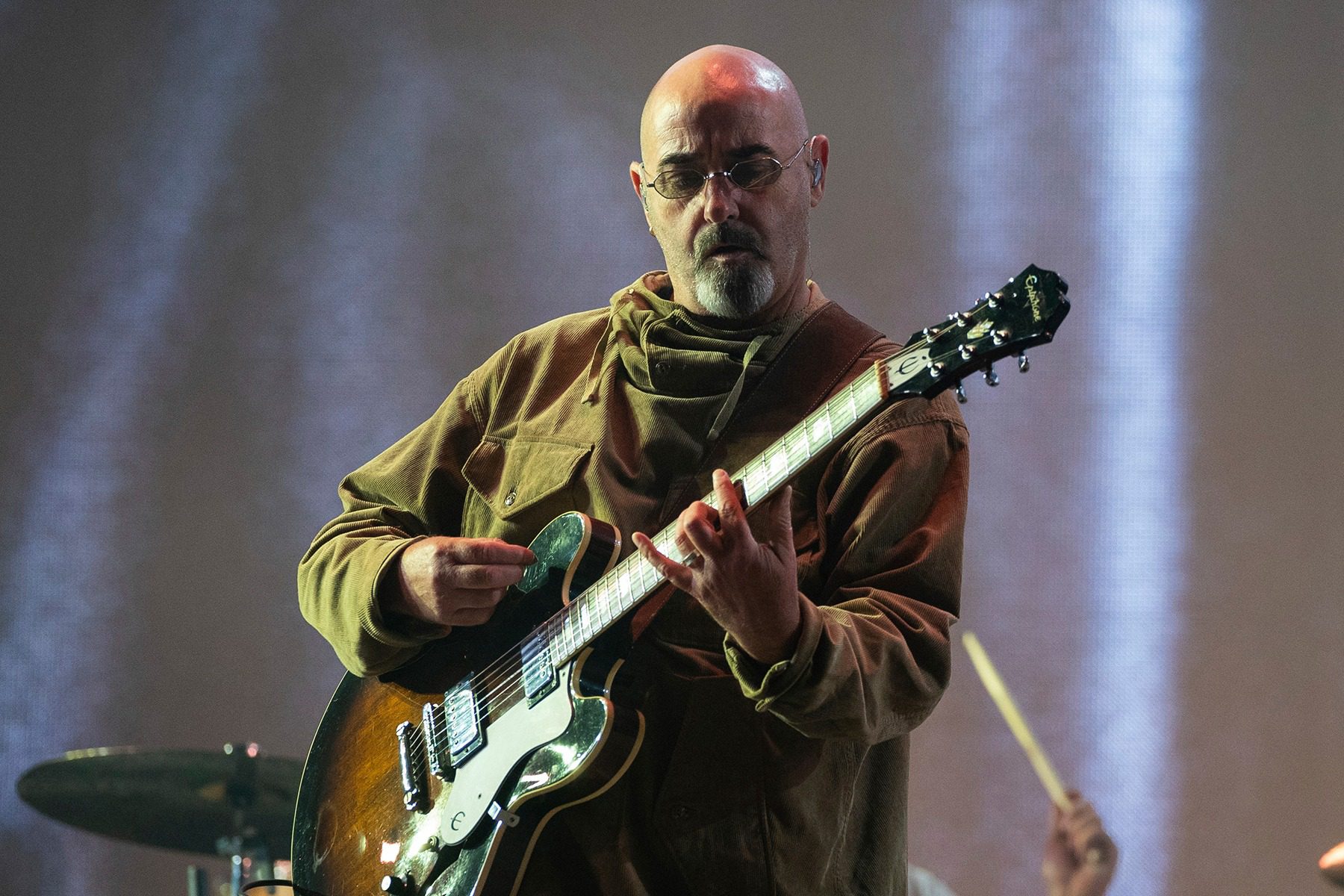
On ‘Thank You,’ Diana Ross Wants to Pump. You. Up.
Diana Ross’ return to the pop landscape – her first record of newly written material, not covers, in over 20 years – sounds familiar, and there’s little doubt it was intended that way. In the years after she left the Supremes, Ross reached transcendent levels with billowy pop meant to uplift and inspire, whether on the dance floor (“I’m Coming Out,” “Ain’t No Mountain High Enough”) or in more solitary moments (“Reach Out and Touch [Somebody’s Hand],” “Theme from Mahogany [Do You Know Where You’re Going To]”). Throughout the self-help-era Seventies era, she proudly served as head counselor.
She and the army of songwriters and producers who helped make Thank You seem well aware that those tracks — along with other moments, like the buoyantly discombobulated “Upside Down” or largely forgotten minor hits like “Remember Me” — remain Ross’ most enduring work on her own. On Thank You, Team Ross assertively aims to recapture that vibe for the Soul Cycle era. Be they ballads or dance-floor throwdowns, the songs glisten with disco strings, sky’s-the-limit choruses, and super-crisp beats. Over them, Ross again returns to her role as pop therapist: “Jump off the edge/And find out where you land/Go take the lead/And teach the world to dance,” she sings, in one typical example, or, elsewhere, “Lookin’ all around us/There’s so much potential/A little hope could inspire/If we ignite the passion, all to desire/That little spark becomes a fire.” You almost expect to be charged a membership fee for each listening session.
blogherads.adq.push(function () {
blogherads
.defineSlot( ‘medrec’, ‘gpt-dsk-tab-article-inbody1-uid0’ )
.setTargeting( ‘pos’, [“mid-article”,”mid”,”in-article1″,”mid-article1″] )
.setSubAdUnitPath(“music//article//inbody1”)
.addSize([[300,250],[620,350],[2,2],[3,3],[2,4],[4,2],[640,250]])
;
});
Those sentiments, which pretty much drive every one of the 13 tracks on Thank You, can feel oddly impersonal, as if Ross isn’t conveying hard-earned life experience of her own but offering her fans a pep talk. (And given the last year and a half we’ve all had, maybe they need it.) From start to finish, she conveys them in a voice that sounds as airbrushed as some of the words; even though she’s 77, it’s hard to detect a single lived-in crack in her delivery. It’s all part of the strange deja-vu experience that is Thank You. The songs feel familiar, as if they’ve even assembled from parts of previous hits. (There’s more than a little “Endless Love” in something like “The Answer’s Always Love”). Even some of lyrics here and there — “You say I’m just a dreamer,” “The first time I saw your face” — almost seem designed to evoke classic old-school pop hits by other artists of her heyday.
All that said, there’s still an inordinate deal of pleasure to be taken in music that wants to sweep you up and revel in sonic bliss, whether you’ve emerged from a still-lingering pandemic or not. You won’t find a more ebullient resurrection of the Studio 54 era than “Tomorrow,” and “In Your Heart” brings to mind the meditative dance tracks Madonna explored in the mid to late Nineties. During those moments of feather-bed glory, Thank You recalls a time when pop was proud to be pop, not therapy sessions set to simmer-level rhythms and nebulous hooks. Ross isn’t preaching about love hangovers, but she’s still looking to cure a few modern ills.




